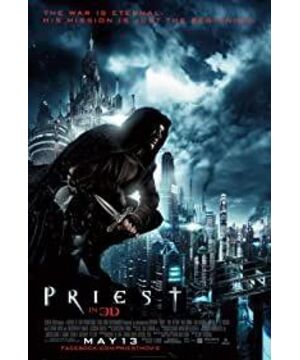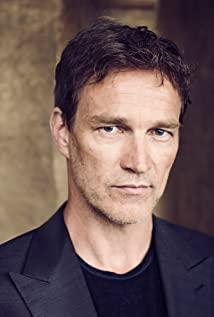Although the protagonist (John Wayne) saves his niece, he is alienated by his family due to racist prejudice and ends up as a lonely ranger. This is the inevitable sentence of history and civilization. As Wayne feared, his niece could be integrated into the Indian community or sexually assaulted by a savage group (it's interesting that '90's Dances with Wolves was a rethinking in the opposite direction) This question), the niece of the exorcist priest in "The Exorcist" may also be assimilated into a vampire. Starting from the mission of the exorcist priest, he will not hesitate to kill her to defend the sense of honor of mankind. If this misfortune happened, Paul Bettany would undoubtedly become a modern-day John Wayne. Therefore, filmmakers must make necessary revisions to the classic narratives of the past.
We can see that in addition to the leading rescue clue, the film actually hides a hidden clue: that is, the process of the exorcist breaking the demons and recovering the male hero's ability. In his past operations, he had witnessed his companion (Karl Urban) being taken away and assimilated by vampires because he was out of reach. And this assimilated companion (still with human appearance and characteristics mixed with vampire traits) becomes Bettany's greatest threat. At the same time, in order to prevent audiences from accusing vampires as stigmatizing minorities (and thus affecting the box office), Bettany's assistant is played by a real American-Vietnamese actor Maggie Q.
But as many cultural studies scholars have pointed out, the reshaping of minorities in American popular culture is partly due to the rising proportion of minorities in the demographics (in California, where Hollywood is located, traditional Anglo-Saxon whites have become a veritable "Minority"), but in the process of integrating minority subcultures into mainstream culture, it is also a secondary emphasis on the spirit of mainstream white people. For example, in "The Exorcist", although the image of Maggie Q combines the dual characteristics of the Eastern hit girl and the Western female killer "Nikita", it is obviously biased towards the latter in terms of proportion. This visual representation calls it "internationalist" gender stereotypes. The so-called "internationalist", derived from the architectural term, is the lack of style, such as the performance of Indian actress Frida Pinto in the recent "Rise of the Planet of the Apes". They are indeed excellent representatives of minority groups, but their ethnic characteristics are not incorporated into the film's effective narrative (such as having Maggie Q show eastern kung fu or Pinto dancing an interracial Indian song and dance).
View more about Priest reviews











